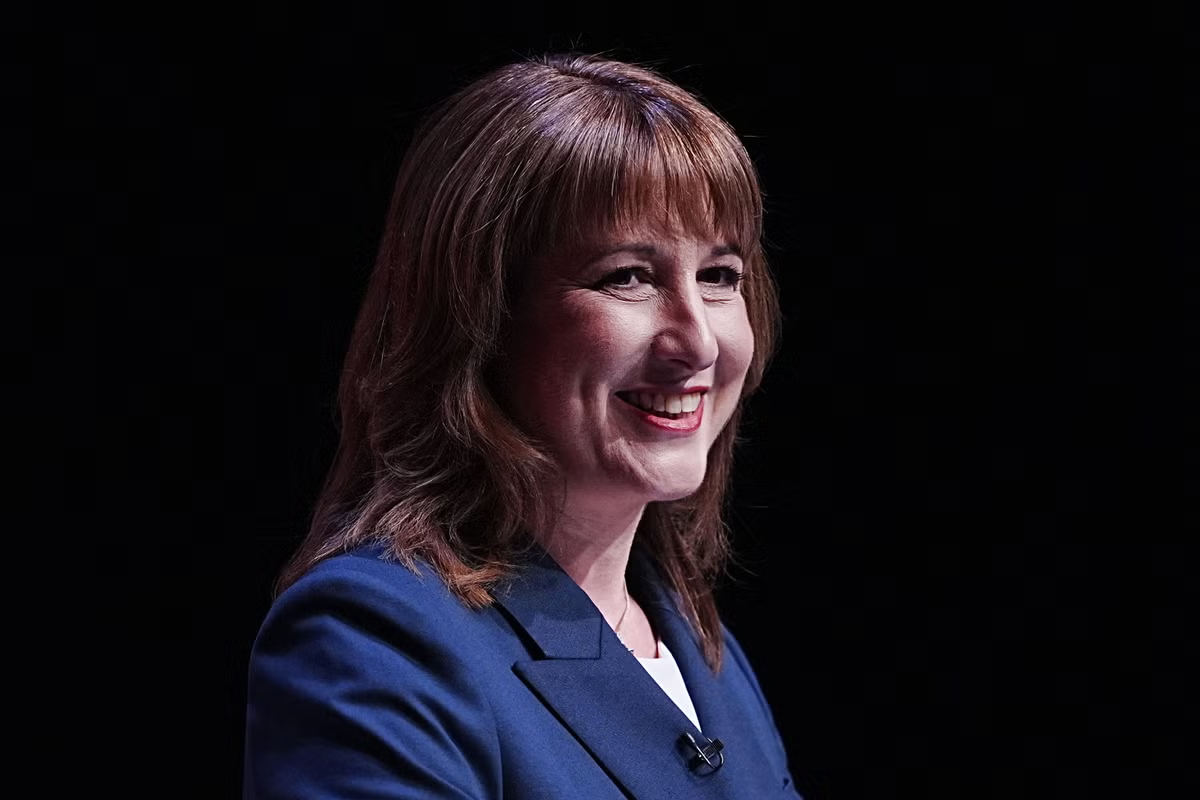Rachel Reeves could raise tens of billions through tax reforms without breaking Labor manifesto promises, but she must avoid “half-solutions” to Britain's economic problems in the budget, leading economists have said.
The Government is under pressure to balance the books before November's autumn statement amid warnings of an estimated black hole of up to £50bn in the public finances.
But in a wide-ranging report, the Institute for Fiscal Studies urged the Chancellor to resist “simply raising rates” without making other changes to an “unfair” and “inefficient” tax system.
He also warned that restricting income tax relief to pension contributions “should be avoided” and reiterated his warnings against an annual wealth tax, which he claims would penalize savers, or increase stamp duty.
Among the options available to the Chancellor as set out by the IFS are:
– End capital gains tax relief on death, which allows assets to be inherited without paying CGT on the increase in value over the deceased person's lifetime, to raise £2.3bn in 2029-30.
– Impose a “one-time” tax on wealth, while avoiding what he described as “serious drawbacks” of a recurring tax on wealth.
– Double council tax rates in the two largest property bands to raise £4.4bn. Any extra money from council tax changes would flow to local authorities rather than central government, but Reeves could in turn reduce subsidies paid to local authorities if he wanted to shore up Treasury coffers, the IFS said.
– Reform inheritance tax to abolish the additional tax-free allowance of £175,000 that can be used when passing a main residence to a direct descendant, raising around £6bn.
– Increase the bank rate and bank surcharge, which together will already raise a total of £2.4 billion in 2025-26. A one percentage point increase in the bank surcharge would raise around £400 million in 2029-30.
– Address non-compliance to reduce the widening gap in corporation tax between the amount of tax the Government believes should be paid and the amount it actually collects.
“It would be possible for the Chancellor to raise tens of billions of pounds more a year in revenue without breaking the letter of Labour's manifesto promising not to raise taxes on the 'big three'.
“But doing so would not be easy,” the IFS said.
On the other hand, further extending the freeze on personal tax thresholds, including National Insurance Contributions (NICs), would be expected to raise around £10.4 billion a year between 2029 and 2030.
But this would amount to a breach of Labour's manifesto not to raise taxes for “workers”, which include income tax, national insurance and VAT, the IFS said.
The think tank also called for a broader review of the council tax system, arguing that the bands are still based on property values in 1991 and must be updated to end a “regressive” and “difficult to justify” rate structure.
He said a “good end goal” would be to replace stamp duty on housing and council tax with a “new recurring property tax” proportional to updated values.
“Changing rates and thresholds is all very well, but unless the Chancellor is willing to carry out genuine reform, it will be taxpayers who will bear the cost of her negligence,” says the report, which forms a chapter in the IFS’s wider 2025 budget review.
Economists have warned that Reeves will suffer a £41bn shortfall in his self-imposed rule of balancing daily spending with tax revenues in 2029-30, ahead of his budget next month.
Isaac Delestre, senior research economist at the think tank and author of the chapter, said Reeves would have “fallen short” if he limits his ambition to a race for income without broader reform.
“Almost any package of tax rises is likely to hit growth, but by addressing some of the inefficiency and unfairness of our existing tax system, the Chancellor could limit the economic damage,” he said.
“The last thing we need in November is aimless tinkering and half-baked solutions. There's an opportunity here.
“The Chancellor should use this Budget to take real steps towards a more rational tax system better geared towards promoting the prosperity and wellbeing of taxpayers.”









